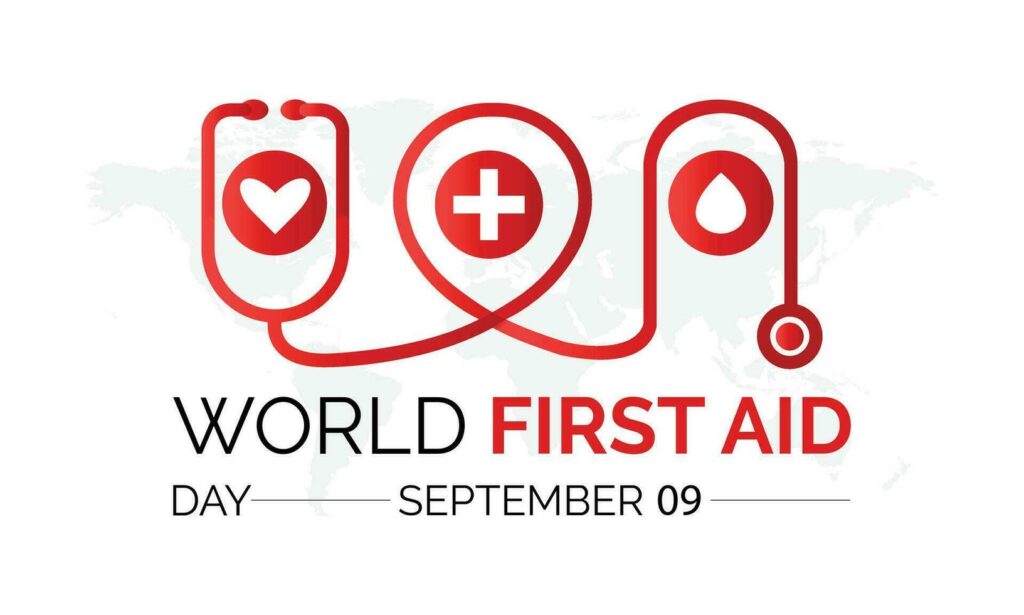News and Insights

Universal Health Coverage (UFC)
Progress towards achieving universal health coverage, as outlined in Sustainable Development Goals target 3.8 by 2030, has veered off course. There has been a plateau in the enhancement of health service accessibility since 2015, and the percentage of the population burdened by exorbitant out-of-pocket health expenses has been steadily rising since 2000. This trend is uniform across all regions and is prevalent in most countries worldwide.
https://www.who.int/news-room/fact-sheets/detail/universal-health-coverage-(uhc)

Sanitation
In 2022, 57% of the global population (4.6 billion) had access to safe sanitation, while 1.5 billion still lacked basic facilities, with 419 million practicing open defecation. Shockingly, 44% of household wastewater went untreated, and 10% of the world’s population consumed food irrigated with unsafe water. Poor sanitation posed severe consequences, including heightened anxiety, risks of sexual assault, and limited educational and employment opportunities. It also facilitated the transmission of diseases like cholera and contributed to stunted growth and antimicrobial resistance, emphasizing the urgent need for comprehensive sanitation improvement worldwide.
https://www.who.int/news-room/fact-sheets/detail/sanitation

World First Aid Day 2023
First aid is pivotal in emergency situations, potentially saving lives during incidents like heart attacks, seizures, strokes, and accidents. It encompasses life-saving techniques, essential medications, bandages, and more. Knowledge of CPR, the Heimlich maneuver, bleeding control, AED usage, and snakebite care is crucial. Bystanders, family members, or colleagues can provide initial assistance before professional help arrives. World First Aid Day, observed annually on the second Saturday of September, underscores the significance of first aid, with this year’s theme focusing on ‘First Aid in the Digital World,’ emphasizing the role of digital tools in education and assistance.
https://www.hindustantimes.com/lifestyle/health/world-first-aid-day-2023-essentials-to-include-in-your-emergency-medical-kit-101694239054304.html

The Significance of Sugar Intake and Strategies for Reducing Excess Consumption
Sugar, with its dual nature, plays the role of both seductive allure and hidden danger in the health narrative. Natural sugars, including glucose and fructose, are vital energy sources for the body, but the abundant presence of added sugars in our diets is where the trouble begins. The overconsumption of added sugars, such as high-fructose corn syrup and cane sugar, triggers a chain reaction in the body, straining the pancreas and potentially leading to conditions like Type 2 diabetes and obesity. The American Heart Association advises limiting added sugar intake to a small percentage of daily calories. Identifying added sugars in everyday foods is crucial, and the distinction between added and naturally occurring sugars, as found in fruits and vegetables, holds importance in managing sugar intake. Gradual changes in dietary choices can help individuals reduce added sugar while still savoring it in moderation.
https://www.who.int/news-room/fact-sheets/detail/universal-health-coverage-(uhc)

Familiar with the Portfolio Diet? It Could Reduce Heart Disease and Stroke Risk
New research highlights the potential of the lesser-known “portfolio diet” in reducing the risk of heart disease and stroke. This dietary pattern aims to lower “bad” LDL cholesterol, a key cardiovascular risk factor. The portfolio diet comprises specific plant-based proteins like soy and legumes, foods rich in viscous fiber (e.g., oats, barley, berries, apples, and citrus fruits), nuts, seeds, phytosterols that reduce cholesterol absorption, and healthy plant-based oils high in monounsaturated fat. The study, led by Dr. Andrea Glenn from the Harvard T.H. Chan School of Public Health and the University of Toronto, found that those with the highest portfolio diet score had a 14% lower risk of coronary heart disease and stroke after up to 30 years of follow-up. The portfolio diet, while less well-known than some other diets like DASH and Mediterranean, shares significant overlaps with them, emphasizing whole grains, plant-based foods, and plant oils. It offers heart-healthy benefits and can be adapted to various dietary preferences, making it a valuable option for those seeking to reduce cardiovascular risk.

Strategies for Safeguarding Women's Heart Health Throughout Menopause
Medical experts highlight that the hormonal and body composition changes occurring during the transition to menopause can elevate the risk of developing heart disease in postmenopausal women. The American Heart Association offers guidance to promote heart health during this period. The Association emphasizes the importance of monitoring key health numbers, including blood pressure, blood sugar, and body mass index. Cholesterol levels are also crucial, with individualized healthy targets based on risk factors. Adopting heart-healthy eating patterns, like the DASH-style and Mediterranean-style diets, which are rich in fruits, vegetables, whole grains, healthy fats, and lean proteins while minimizing salt, sugar, alcohol, and processed foods, is recommended. Incorporating strength and resistance training into exercise routines can help counteract bone density and muscle mass reductions often seen in menopausal women. Prioritizing quality sleep is essential, as it is part of the 8 essential elements of heart health and can be challenging due to menopausal disruptions. Strategies to improve sleep quality include establishing bedtime routines, reducing electronic device usage before bed, and seeking medical help for persistent sleep problems. By focusing on these measures, women can protect their heart health throughout the menopausal transition.
